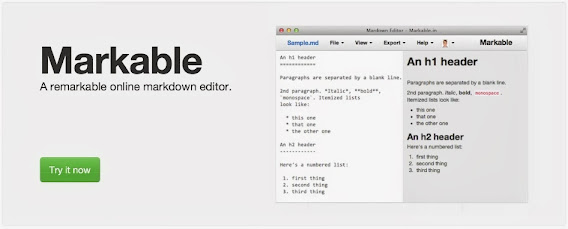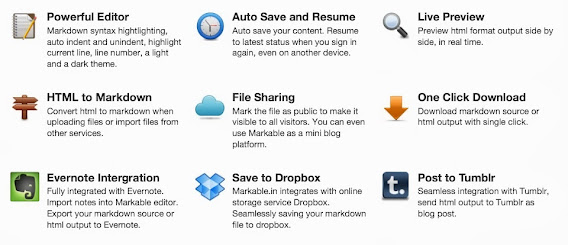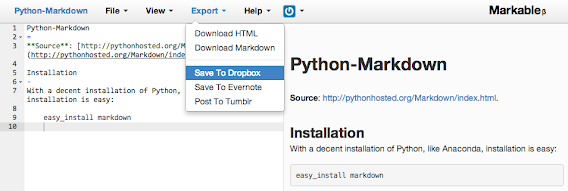I am not entirely sure that I trust the following, as my MacBook hard drive died in the summer of 2013 and a Time Machine backup was overdue. As a result, I think I lost a month or so of play counts and the resulting list is a bit biased towards recent acquisitions. Nevertheless, for posterity (and anyone curious), here is what I was listening to most in 2013 (compiled using the same script as last year.
Top 20 Tracks (most plays) of 2013
| # | Name | Artist | Album | Plays |
|---|---|---|---|---|
| 1 | When I Grow Up | Matilda the Musical Original Cast | Matilda the Musical (Original Cast Recording) | 30 |
| 2 | Buck Rogers | Feeder | Echo Park | 17 |
| 3 | Walk | Foo Fighters | Wasting Light | 13 |
| = | See The World | Gomez | How We Operate | 13 |
| 5 | The Duel | Anna Phoebe | Embrace EP | 12 |
| = | How Far We've Come | Matchbox Twenty | Exile On Mainstream | 12 |
| 7 | The Farewell | Anna Phoebe | Rise of the Warrior | 11 |
| = | Seven Days In The Sun | Feeder | Echo Park | 11 |
| = | The Smell of Rebellion | Matilda the Musical Original Cast | Matilda the Musical (Original Cast Recording) | 11 |
| = | No More Heroes | Slash | Apocalyptic Love (Special Edition) | 11 |
| 11 | Gypsy | Anna Phoebe | Gypsy | 10 |
| = | Route 149(A) | Anna Phoebe | Gypsy | 10 |
| = | Bombay to Beirut | Anna Phoebe | Gypsy | 10 |
| = | See Through Blue | Beth Orton | Sugaring Season | 10 |
| = | Viva La Vida | Coldplay | Viva La Vida Or Death And All His Friends | 10 |
| = | We Can't Rewind | Feeder | Echo Park | 10 |
| = | Naughty | Matilda the Musical Original Cast | Matilda the Musical (Original Cast Recording) | 10 |
| = | The Hammer | Matilda the Musical Original Cast | Matilda the Musical (Original Cast Recording) | 10 |
| = | His Girl | The Budos Band | The Budos Band II | 10 |
Top 10 Albums (plays per track) of 2013
| # | Album | Album_Artist | Plays/Track |
|---|---|---|---|
| 1 | Embrace EP | Anna Phoebe | 8.75 |
| 2 | Matilda the Musical (Original Cast Recording) | Matilda the Musical Original Cast | 8.05882352941 |
| 3 | Gypsy | Anna Phoebe | 7.66666666667 |
| 4 | Rise of the Warrior | Anna Phoebe | 7.41666666667 |
| 5 | Echo Park | Feeder | 7.16666666667 |
| 6 | Fossils | Aoife ODonovan | 6.3 |
| 7 | Uno | Green Day | 6.0 |
| 8 | Dos | Green Day | 5.84615384615 |
| 9 | The Budos Band III (Bonus Version) | The Budos Band | 5.25 |
| 10 | Hail to the King | Avenged Sevenfold | 5.1 |
|
There’s a few old favourites in there, like Green Day and Avenged Sevenfold, plus some new discoveries. Feeder is somewhat a blast from the past although I never really got into them at the time and mainly knew of them from a couple of tracks on the Gran Turismo soundtrack. The stand-out new artist in the lists is Anna Phoebe, which can best be described as violin rock music! |
Anna Phoebe is instrumental, as is The Budos Band, which is good for background when writing or coding at work - hence the surge in plays over recent weeks. Matilda the Musical is just awesome - a Tim Minchin triumph! We went to see it live in London before the big move Down Under and it was so good that I bought the album straight away and it was the favourite in the car for a while. Indeed, if wasn’t for the MacBook death, I’m sure it would have racked up a load more plays. More on that later, I think.
It’s interesting to see some of my all time favourites are still hitting the most played list, as they did last year: Walk (Foo Fighters), See The World (Gomez), How Far We’ve Come (Matchbox Twenty) and No More Heroes (Slash) are all listen-to-before-you-die tracks. (I suspect that they might be there again next year!)
Top 10 Artists (Most listened to) of 2013
| # | Artist | Plays | Tracks |
|---|---|---|---|
| 1 | Feeder | 231 | 63 |
| 2 | Green Day | 222 | 103 |
| 3 | Anna Phoebe | 193 | 25 |
| = | Avenged Sevenfold | 193 | 57 |
| 5 | Vitamin String Quartet | 142 | 57 |
| 6 | Matilda the Musical Original Cast | 137 | 17 |
| 7 | Jack Johnson | 95 | 33 |
| 8 | Matchbox Twenty | 93 | 26 |
| 9 | Foo Fighters | 76 | 60 |
| 10 | Gomez | 64 | 65 |





